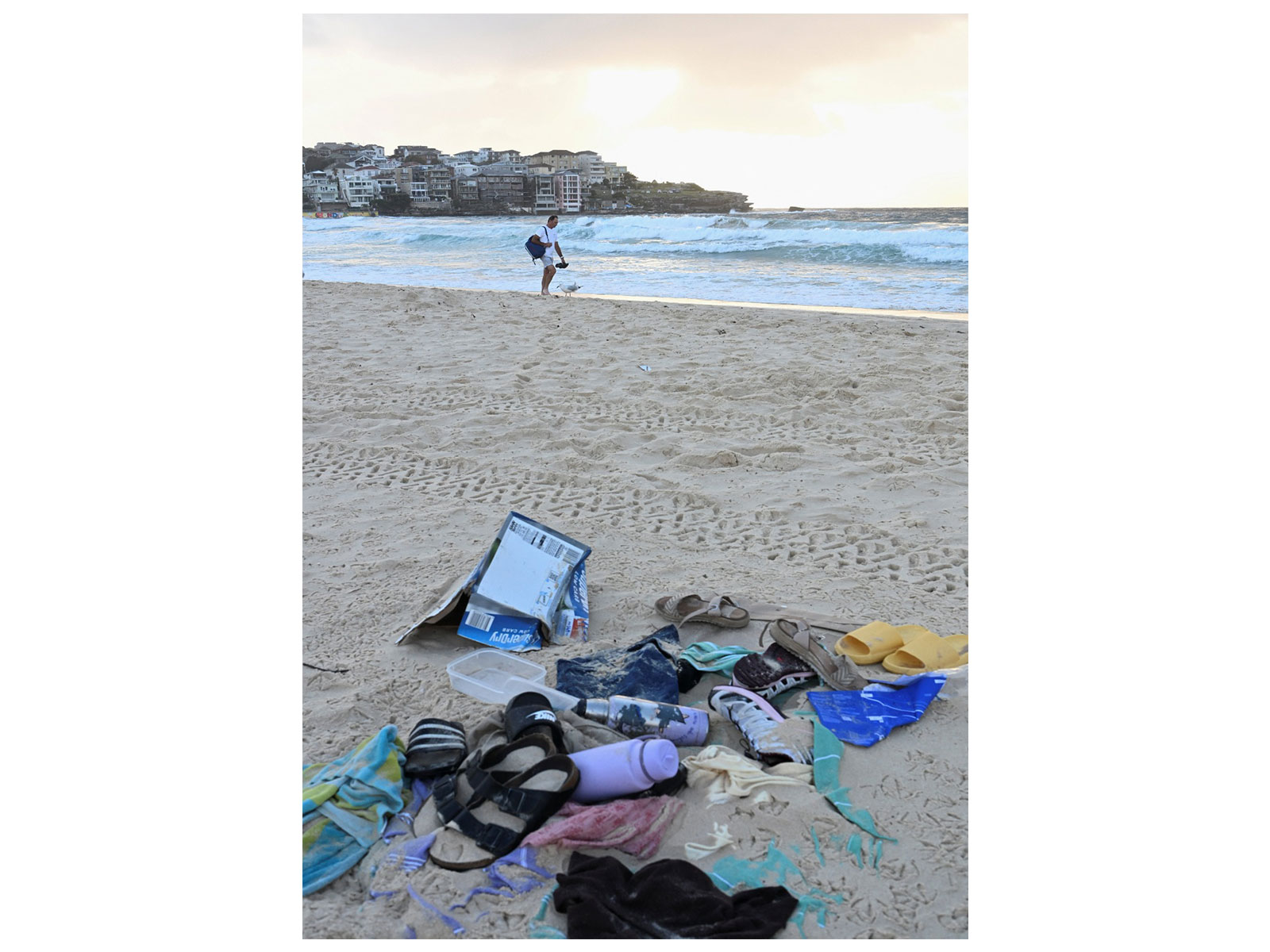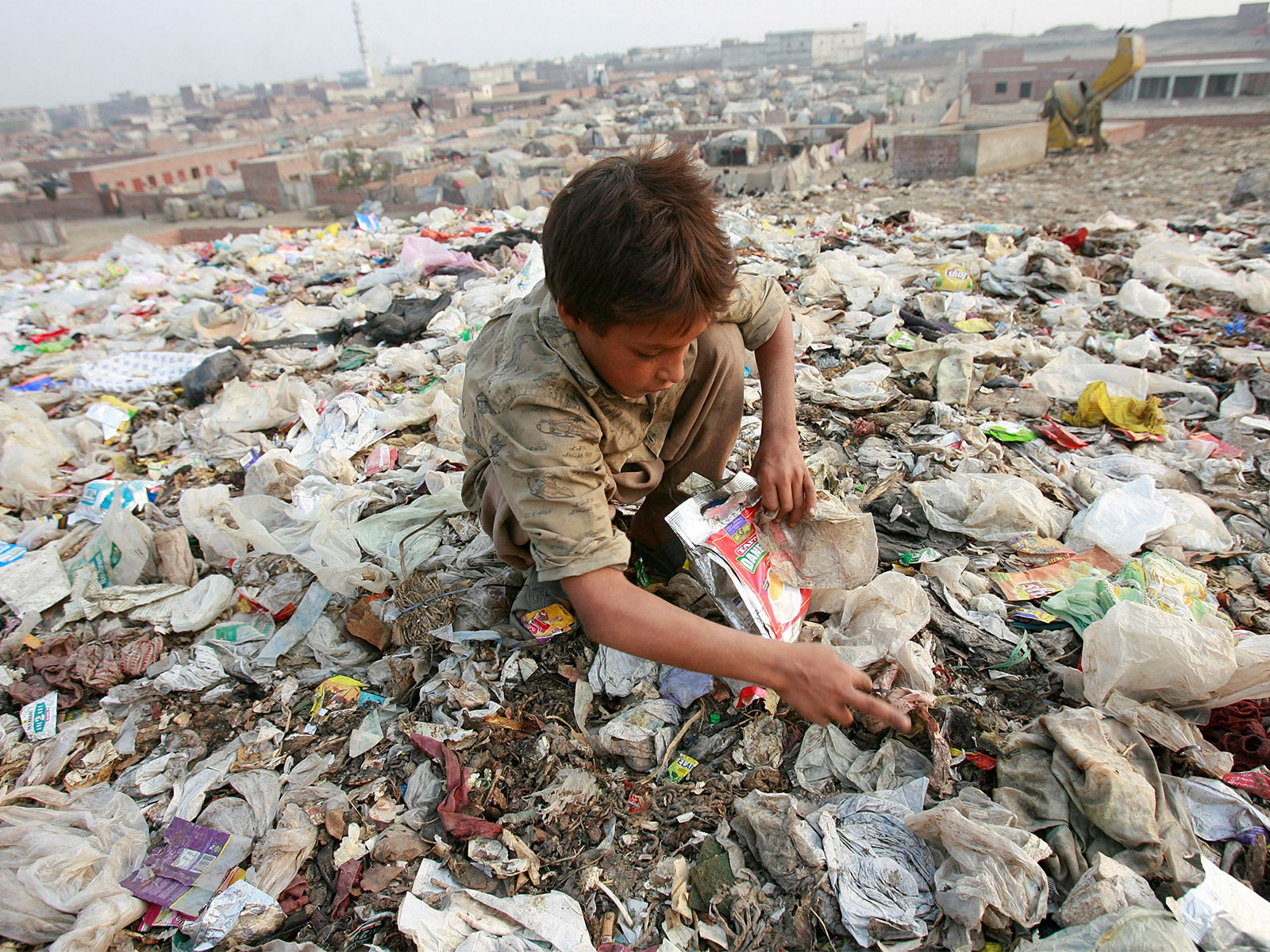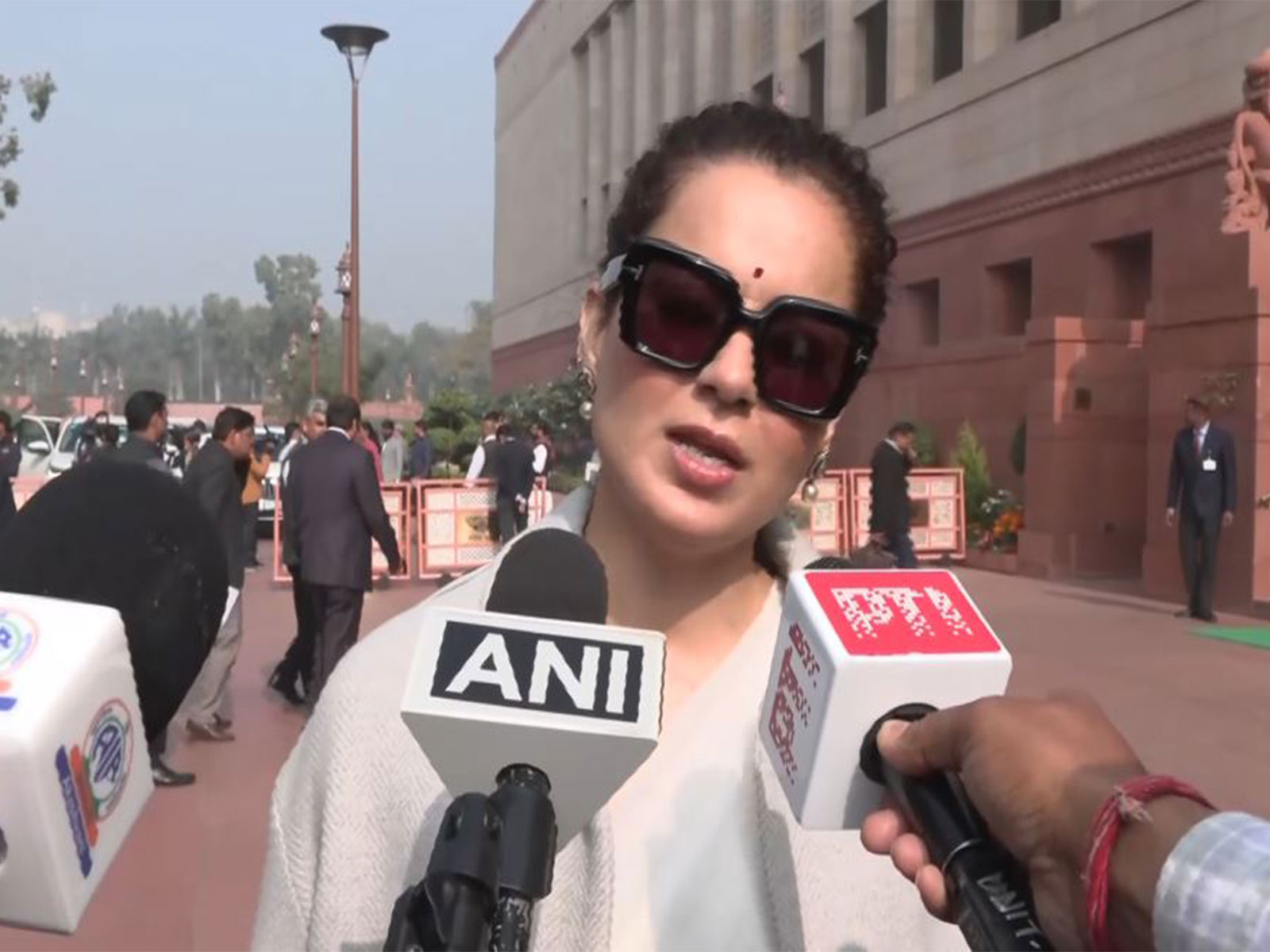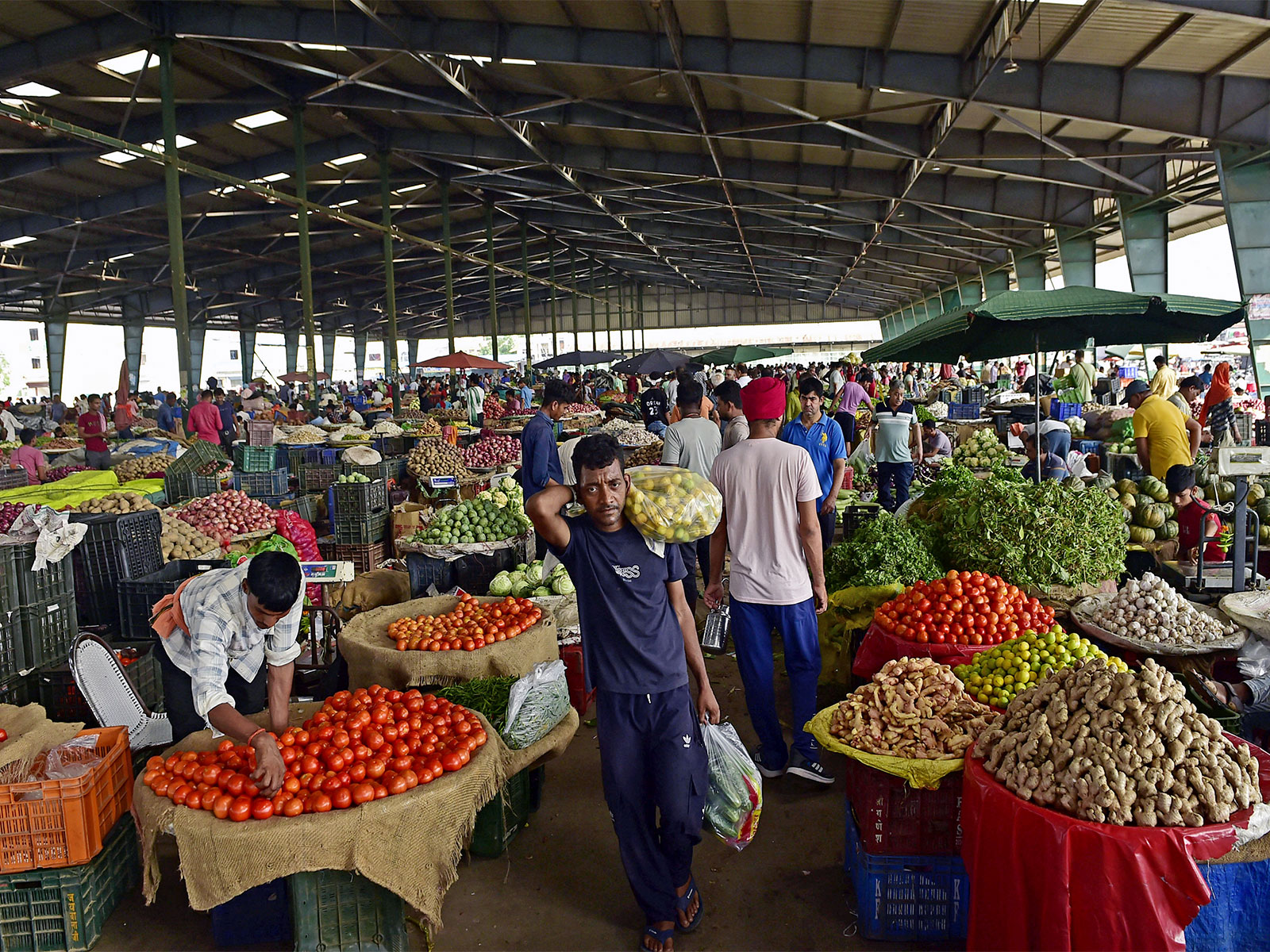Is Flipkart fairly valued compared with its Southeast Asian peers?
Jul 26, 2021

By Lee Kah Whye
Singapore, July 26 : Earlier this month, India's ecommerce giant Flipkart announced a round of funding from various global investors which raised another USD 3.6 billion for the mega-unicorn, taking its value to USD 37.8 billion. This is likely to be the last pre-IPO shareholding opportunity as it is expected to go public later this year.
A Reuters report in March 2021 said that the Bengaluru-based company is seeking a 2021 overseas listing, very likely in the United States, with a possible market valuation of around USD 50 billion.
The latest round of funding saw fresh funds committed by Singapore sovereign wealth fund GIC, the Canada Pension Plan Investment Board, Soft Bank Vision Fund 2 and Walmart. Also taking part in this funding round were sovereign funds like Qatar Investment Authority, Malaysia's Khazanah Nasional Berhad and DisruptAD, the venture arm of the Abu Dhabi sovereign fund, ADQ. Other backers included China's Tencent, Franklin Templeton and Tiger Global.
Flipkart, which US retail behemoth Walmart bought a 77 per cent stake in at USD 16 billion in 2018 is in a neck and neck titanic battle with Amazon India for dominance of India's USD 64 billion ecommerce market - based on the German market and consumer data firm Statista. This is expected to grow three times to USD 188 billion by 2025.
India with a generally youthful population of 1.37 billion and internet penetration of about 45 percent, has plenty of room for growth. In a report published in 2020 by IAMAI (Internet and Mobile Association of India) together with Kantar and ICUBE, internet penetration is projected to reach 900 million by 2025.
In Southeast Asia, based on the annual 2020 Google-Temasek-Bain e-Conomy SEA report, internet penetration is currently 70 percent. 40 million new online users were added in 2020 among its 675 million population. This is a significantly higher rate than the 100 million added in the five years between 2015 to 2019. Like many regions around the world, the internet adoption boom was created by the COVID-19 pandemic which forced many people to shop from home due to lockdowns and safe distancing measures.
As an example, Singapore's ecommerce growth accelerated from 15.5 per cent in 2019 to 73.6 per cent in 2020.
More broadly, based on eMarketer, the top six economies of Southeast Asia saw ecommerce growing by 35.2 per cent last year and is expected to grow another 14.3 per cent this year. The top six economies account for USD2,939 billion or almost 96 per cent of Southeast Asia's GDP. Retail sales for the region is USD970.83 billion of which only 4.6 per cent or USD45.07 billion is transacted online, suggesting huge room for expansion.
Based on Statista, ecommerce revenue in Southeast Asia is estimated to be about USD 40 billion in 2019 and projected to touch USD 172 billion in 2025.
Indonesia, with the world's fourth-largest population of 270 million, leads the way with USD20.21 billion of ecommerce sales in 2021 representing about half the transactions for the region. This is anticipated to increase by 15 per cent this year compared with 2020. It is also Southeast Asia's fastest-growing internet economy, boosted by more than 170 million internet users.
Tokopedia, the most popular ecommerce platform in Indonesia, which recently said it is merging with Gojek, is ranked number two across Southeast Asia in spite of it mainly operating only in Indonesia. It has more than 100 million monthly active users, 9.7 million merchants and 350 million products listed on its site. Its new merged entity with Gojek, GoTo, engages in a plethora of digital services including ride-hailing, food delivery and digital payments, and is reported to be seeking a market valuation of between USD 35 to 40 billion when it lists later this year.
The ecommerce monster in Southeast Asia is undoubtedly Shopee which started in Singapore in 2015. It is now in every major Southeast Asian country plus Taiwan, Brazil, Mexico, Chile, and Colombia. Its holding company Sea Limited is the most valuable company in Singapore by market cap. It listed on the New York Stock Exchange in 2017 and today has a market value of over USD 150 billion which is almost three times that of the next largest company DBS Bank.
Sea Limited's main line of business initially was that of a developer and publisher of online games under its original name Garena. Its most successful games being Free Fire and the League of Legends. Online gaming is still its largest revenue earner at the moment with a turnover USD 2.0 billion during the last financial year. Ecommerce revenue was USD 1.78 billion in 2020 but the company has provided guidance that this is expected to rise to between USD 4.5 to 4.7 billion in the current year. Gaming or digital entertainment revenue is expected to be in the range of USD 4.3 to 4.5 billion.
Rounding up the top three ecommerce platforms in Southeast Asia is Lazada which China tech giant Alibaba acquired from German incubator Rocket Internet for USD 500 million in 2016. At that time, it also paid another USD 500 million for new shares. It has since invested a further USD 3 billion in the company. Lazada is operating in the top six markets in Southeast Asia and before Shopee's entrance was the leading ecommerce player in Southeast Asia.
In comparison to Southeast Asia, ecommerce adoption in India is still low but the online potential remains enormous as India has one of the fastest-growing and largest internet populations in the world.
What may stunt India's ecommerce growth is the pace at which advanced mobile and internet infrastructure is rolled out in the rural areas where growth is the swiftest and the preferred mode of payment is cash even for online orders.
Regardless, many investors and analysts agree that ecommerce and mobile penetration in India is still at its infancy and has the potential for exponential growth. Finance professionals believe Indian companies in this space can look forward to rich valuations.
Amit Anand, co-founder of exchange-traded fund company NextFins, and formerly of Axial Capital told CNBC he expects Indian tech IPOs to price at a premium multiple especially when compared to Chinese companies. He added, "Investors recognise the long runway for internet penetration. Ecommerce penetration in India is seven percent versus 25 percent in China. Smartphone penetration in India is about 30 percent, less than half of China's 60 per cent."


















